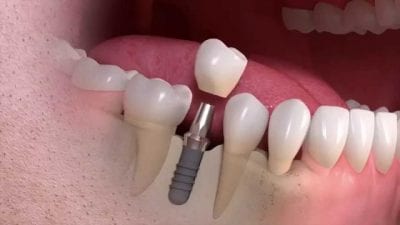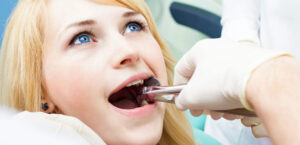Wisdom teeth removal is a common dental procedure, but proper aftercare is crucial for a smooth recovery. Understanding the steps and practices for effective wisdom tooth removal aftercare recovery can significantly reduce discomfort and complications.
Understanding Wisdom Teeth Removal
Before delving into aftercare, it’s important to grasp the basics of wisdom teeth removal. These third molars often emerge in late teens or early twenties and might require extraction due to overcrowding, impaction, or misalignment. The procedure involves surgical extraction to prevent oral health issues.
Immediate Post-Surgery Care
The initial hours after wisdom teeth removal are critical. It’s normal to experience bleeding, swelling, and discomfort. Applying gauze to control bleeding and using ice packs on the cheeks can help reduce swelling. Be sure to follow the dentist’s instructions regarding pain medications.
Maintaining Oral Hygiene
During recovery, maintaining oral hygiene is essential to prevent infections. Gently rinse your mouth with saltwater after the first 24 hours. Avoid brushing near the surgical site but continue brushing and flossing other teeth as usual.
Dietary Considerations
Choosing the right foods is crucial during wisdom tooth removal recovery. Stick to soft foods like yogurt, soup, mashed potatoes, and smoothies to avoid putting pressure on the surgical site. Avoid hot or spicy foods that might irritate the area.
Managing Discomfort Pain and discomfort are common after wisdom teeth removal. Over-the-counter pain relievers can help manage this discomfort, but it’s important to follow dosage instructions. Additionally, using prescribed medications as directed by the dentist can aid in pain management.
Monitoring Healing Progress
Keep an eye on the healing progress. If you notice excessive bleeding, severe pain, or signs of infection like fever or pus around the extraction site, contact your dentist immediately. Regular follow-up appointments are also crucial for monitoring healing and addressing any concerns.
Physical Activity And Rest
Rest is key to a speedy recovery. Avoid strenuous physical activities for a few days following the surgery to allow your body to heal properly. Exerting yourself too soon can lead to complications or delayed healing.
Avoiding Certain Habits Smoking and using straws can disrupt the blood clot formation in the extraction site, leading to a condition called dry socket, which can be extremely painful. Avoid these habits during the recovery period to facilitate proper healing.
Long-Term Care And Follow-Up
Even after the initial recovery period, it’s important to maintain good oral hygiene practices and attend follow-up appointments as scheduled. Your dentist will monitor your progress and ensure that your mouth is healing properly.
Conclusion
Wisdom teeth removal recovery requires attention to detail and adherence to specific aftercare instructions. By following these guidelines, you can navigate the post-surgery period more comfortably and reduce the risk of complications, promoting a quicker and smoother recovery process. Remember, consult your dentist for personalized guidance based on your specific case.












